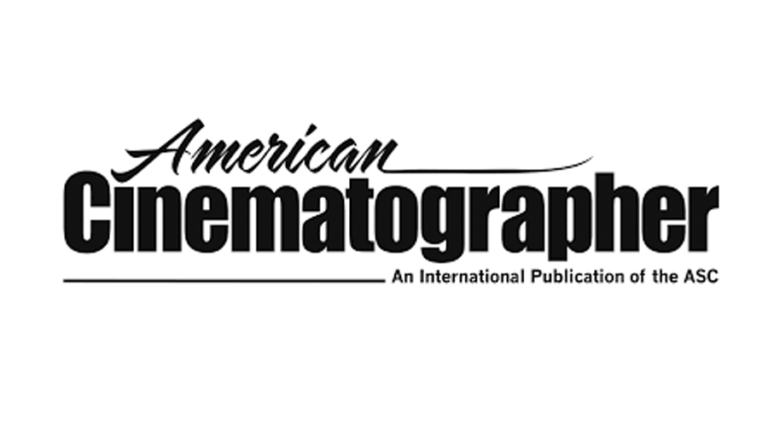RISING STARS OF CINEMATOGRAPHY 2019
In Press
In our third-annual report, American Cinematographer profiles 10 up-and-coming directors of photography who are making their mark. By John Calhoun, Jim Hemphill and Jon Silberg All images courtesy of the cinematographers.

An essential part of the ASC’s history is the long-standing tradition of fostering new talent who will help usher the craft into the future. Our annual feature on AC’s Rising Stars of Cinematography thus takes on special meaning this year as the Society celebrates its centennial. Sine Vadstrup Brooker, DFF; Ashley Connor; Boaz Freund; Damián García; Halyna Hutchins; Anka Malatynska; Jordi Ruiz Masó, AEC; Lowell A. Meyer; David Procter; and Zoë White, ACS have all demonstrated impressive skills and visual sensibilities in their projects to date, which include exceptional portfolios of shorts, commercials, music videos, documentaries, features and television work. We caught up with these ascending directors of photography to discuss their personal stories and the stories they help create.
Boaz Freund
As a boy growing up in Israel, Boaz Freund devoured movies he rented from the local video store. “I was just one of those kids who couldn’t get enough,” he recalls. When he enrolled at a technical high school and had to select a major, film was a logical choice, though he says the decision was due less to his love of movies than a desire to be social. “I wanted to be outside with all the other kids, versus being in a room in front of a computer,” he explains.
Studying film in high school gave Freund a foundation in cinema, art history, and various types of production, all of which informed the next stage of his education. “I was a cameraman for the Israeli Defense Forces,” he says. “My job was to broadcast news for the army, and I got deployed to Lebanon, the West Bank, Gaza, some pretty sketchy and hairy situations. But that’s where I realized, yes, I would like to be a cinematographer.”
While in the army, Freund volunteered as a focus puller on student films whenever he had time off — and that led to his entry into the field of filmmaking when he was released from service. Freund learned “from some of the most amazing cinematographers in Israel,” he recalls. He singles out director of photography Ofer Inov as a particularly important mentor. “I learned so much just from watching how he thought. He taught me to pay close attention to natural light and what it does.”
After moving to New York, he worked as a focus puller and DIT. “This was 2005 and I had been trained on Sony CineAlta HDW-F900 cameras in Israel,” Freund says. “That put me in a nice little niche, because cameras like the F900 and the Panasonic VariCam were very popular.”
Once again, Freund took advantage of any time off to hone his craft at the next level, serving as cinematographer on smaller projects whenever possible. Eventually, his reel got him a job shooting a documentary series for Barnes and Noble. “We went around the country and shot three-minute documentary vignettes about people who were obsessed with reading,” he says. “I won a New York-chapter Emmy Award for my photography on that, and the recognition enabled me to stop assisting.”
Among the projects that ensued, Freund is especially happy with the documentary Gored. “The old-school way of shooting documentaries has normally been more observational,” he says. “You just let things unfold in front of you and zoom in and out of situations. I really wanted to utilize prime lenses with that movie, to be more proactive with my choices, and give the camera a more subjective point of view.”
Other notable credits include What Carter Lost, a film Freund shot for ESPN’s 30 for 30 series, in which he mixed digital material with Super 16 footage. The cinematographer also lent his talents to commercial work for Budweiser, which enabled him to be at Wrigley Field when the Chicago Cubs won the World Series — and at Daytona, shooting a tribute to Dale Earnhardt Jr.
In addition to his film and commercial work, Freund devotes a substantial amount of his time to shooting video art installations like Paperweight, a nine-minute production consisting of one unbroken shot. Next up is a music project for director Dana Distortion, which Freund says is “very exciting and thrilling. I can’t say more than that since it’s in the early stages, but I’ll just say I’m very, very fortunate.”
